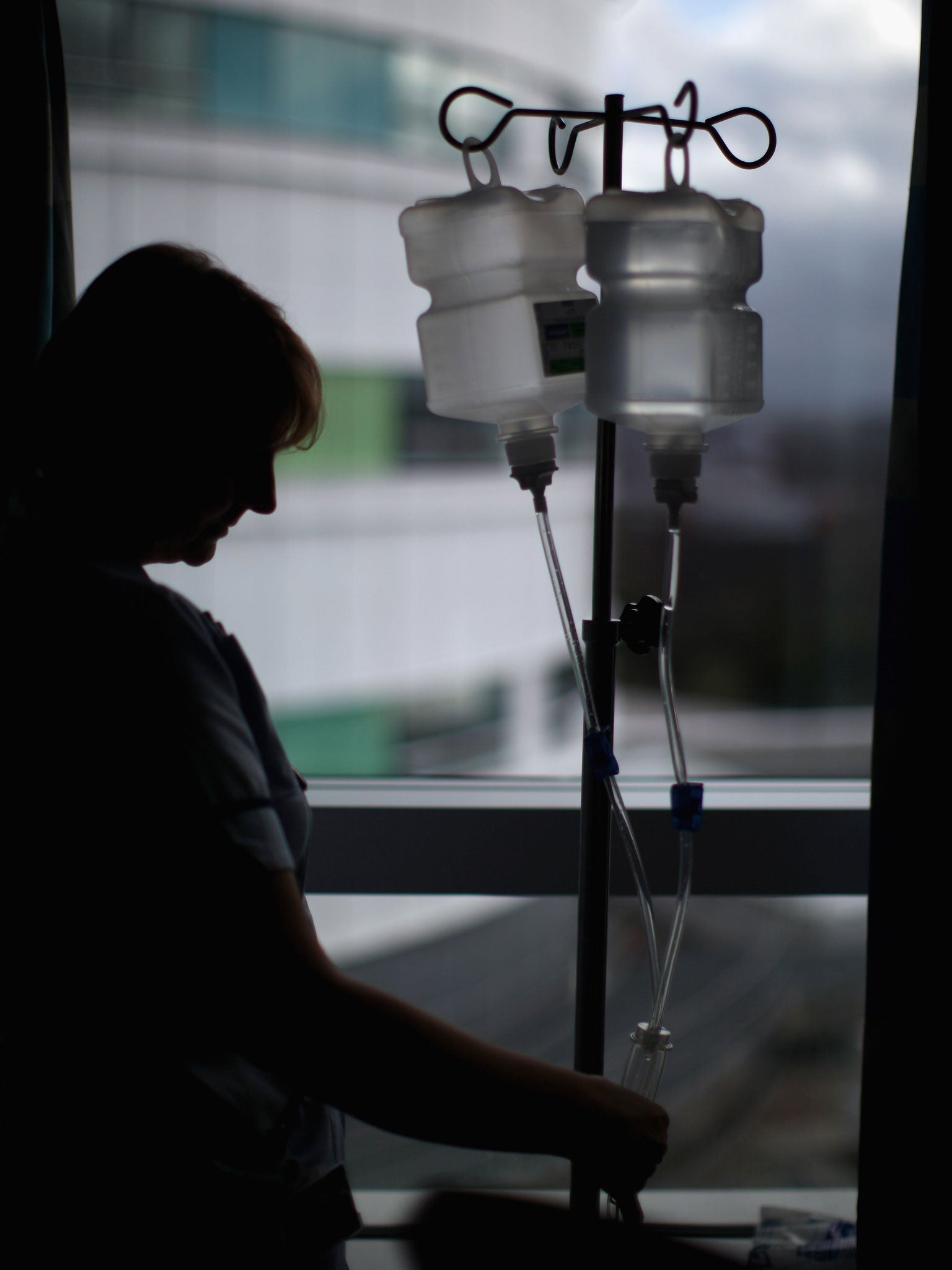BMA passes vote of no confidence in Health Secretary Jeremy Hunt
The BMA represents 152,000 doctors around the country

The British Medical Association, which represents 152,000 doctors, has passed a vote of no confidence in the health secretary Jeremy Hunt.
Doctors said there was a “huge wave of anger” against Mr Hunt and the Coalition government. The motion was passed with an “ overwhelming majority”.
“He is at the forefront of a new political blame game, blaming frontline NHS staff for the predictable chaos resulting from his government's reforms and cuts,” said BMA council member Dr Jacky Davis.
“We are watching a good service being deliberately brought to its knees by vandals in Westminster.”
The BMA passed a vote of no confidence in the former health secretary Andrew Lansley last year. They now say they have no confidence in the policies of his successor Mr Hunt.
Chair of the BMA Council Dr Mark Porter admitted that voting against health secretaries was “rapidly becoming a BMA tradition”.
However, he urged members to back the motion.
“This present Coalition government goes out of its way to act against the interests of patients and in doing so it appoints secretaries of state to continue its policies,” he said.
A Department of Health spokesman said: “It is completely right that the Health Secretary demands the best possible care for patients. Following the findings of the Francis Inquiry and other recent reports, it is clear that the culture of the NHS needs to change and it is disappointing that the BMA union still doesn’t accept that.”
Earlier, in a stark admission that a culture of cover-up pervades the health service, the chair of the British Medical Association said doctors "do not feel safe" raising concerns about patient care, .
In his first speech as chairman of the BMA, Dr Mark Porter told doctors gathered for Association's annual conference: “Many doctors express fear about the consequences [of raising concerns], and this inhibits us from doing what we know to be right.”
His warning came as the former deputy chief executive of the NHS watchdog, the Care Quality Commission, denied allegations of a cover-up over regulation of a hospital where failings in maternity services may have led to the death of as many as 16 babies.
Critics have said the CQC relies too heavily on the assurances of doctors and clinical staff. The regulator and NHS officials have been criticised for prioritising the reputation of individuals over patient care.
Speaking at the BMA's Annual Representative Meeting in Edinburgh, Dr Porter said: “We will work with government, with medical managers, with nurses and physiotherapists and with anyone else we can, to guarantee the protection of the patients in our care. But doctors must feel comfortable and safe when raising concerns - at present we do not.”
Jill Finney, the former deputy chief executive of the Care Quality Commission, told BBC Radio 4's Today programme that there had been no decision to suppress and internal report which criticised the CQC over its handling of inspections at the Furness General Hospital in Barrow.
The CQC had given the hospital - run by the Morecambe Bay NHS Trust - a clean bill of health in 2010.
Ms Finney maintained that the internal report had identified failings in the CQC's handling of the hospital, but concluded that overall their regulation had been satisfactory - and therefore the report needed further work.
“There was no decision at that meeting to delete that report, nor was there an instruction,” she said.
The CQC has been criticised for lacking rigour in its inspections and relying to much on assurances from NHS Trusts - a claim that will raise further concerns in the light of Dr Porter's admission that doctors are often unprepared to speak out.
“If we have concerns, we must not be deterred by institutional boundaries. We must not be fobbed off by organisations that are better at protecting themselves than their patients. And we must not lose sight of why we became doctors. We have a responsibility to bring in a culture of quality and safety across the whole of the health service. And nothing should get in the way of that.”
Dr Porter added that increasing demand was dwindling funding was turning medicine into a profession “on the edge”.
He called the health secretary's recent assertion that GPs were to blame for declining standards in out-of-hours care, “shameful” and said it had “backfired”.
“It is absolutely clear from the figures that GPs are treating more patients, and with more complex problems. Thousands of GPs are helping to maintain and improve out-of-hours services,” he said.
Subscribe to Independent Premium to bookmark this article
Want to bookmark your favourite articles and stories to read or reference later? Start your Independent Premium subscription today.

Join our commenting forum
Join thought-provoking conversations, follow other Independent readers and see their replies